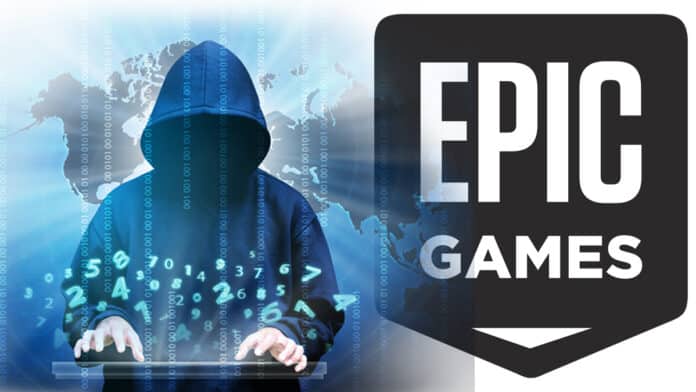Epic Games, the developer behind the hugely popular Fortnite game, has denied claims of allegedly being hacked by a new ransomware gang, Mogilevich.
Mogilevich, a relatively new extortion group likely to have originated from Russia, on Tuesday posted on a darknet site that it had quietly carried out an attack on Epic Games’ servers.
As a result of the hack, they are currently in possession of 189GB of Epic Games’ data, including emails, passwords, full name, payment information, source code and many other data. However, it is unclear if this contains information about Epic Games employees, customers, or both.
The post also says that the above data is now available for sale with a deadline of March 4, 2024. The group has added a link that says, “An employee of the company or someone who would like to buy the data, click on me,” which takes the group’s contact page to a secured email.
“There is zero evidence right now that the ransomware claims from Mogilevich are legitimate. Mogilevich has not contacted Epic or provided any proof of the veracity of allegations,” Epic Games shared via X on Tuesday.
“When we saw these allegations, which were a screenshot of a darkweb webpage in a Tweet, we investigated within minutes and reached out to Mogilevich for proof. Mogilevich has not responded. We’ll keep investigating. The closest thing we have seen to a response is this Tweet, where they allegedly ask for $15k and “proof of funds” to hand over the purported data.”
Apparently, the Mogelivich ransomware group has claimed to have successfully breached various organizations since February 20th, with the first attack being on luxury car manufacturer Nissan’s subsidiary Infiniti USA, followed by a commerce content firm called Bazaarvoice and Ireland’s Department of Foreign Affairs (DFA). If the group has indeed hacked Epic Games, it would make them its fourth victim.
However, Mogelivich has not provided any proof showing the Epic Games hack is legitimate, nor did it publicly mention how much money it needs for the data stolen or reveal its plans for the data if the sale deadline is missed, raising suspicion about its claim. It appears that the ransomware group is attempting to scam buyers with fake data.
Even Ireland’s Department of Foreign Affairs (DFA) is skeptical about the cyberattack on them by the Mogilevich group, as the agency said they couldn’t find evidence of their involvement nor any evidence of any security breach.

